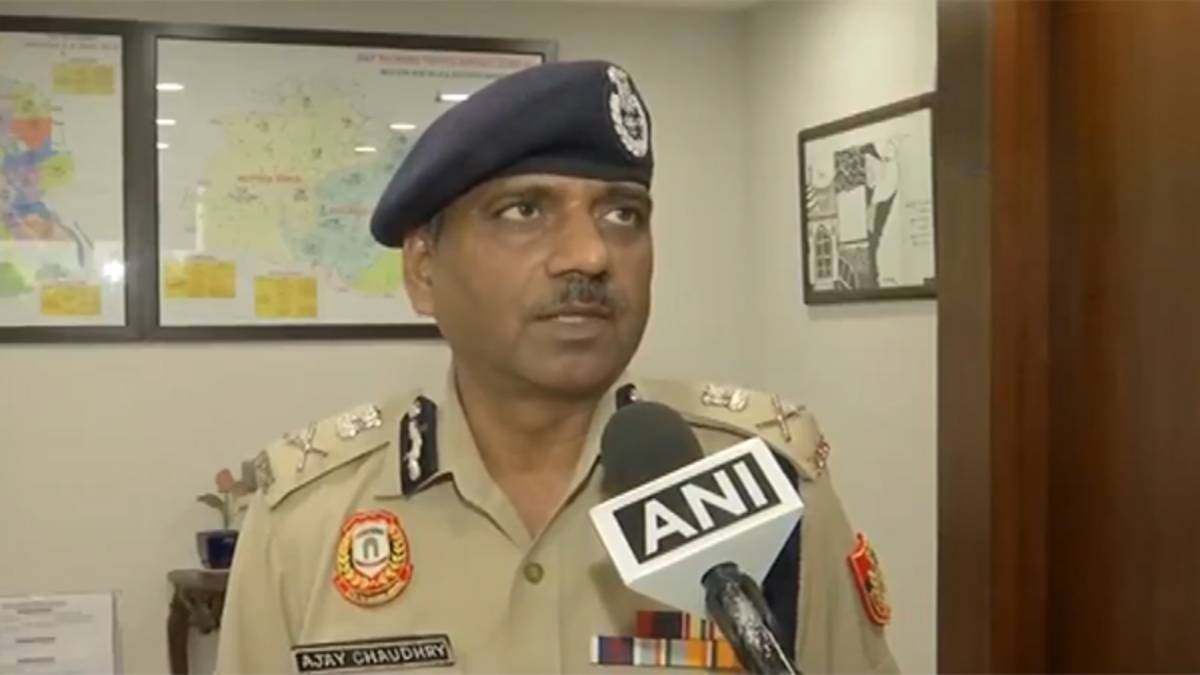In a major step to combat vehicular pollution, Delhi on Monday implemented a ban on the refueling of End-of-Life (EoL) vehicles—those older than 10 years for diesel and 15 years for petrol—at fuel stations across the city. The move, effective July 1, follows directives from the Supreme Court and the National Green Tribunal (NGT).
Special Commissioner of Police (Traffic Management), Ajay Chaudhary, confirmed that 16 vehicles were seized on the first day of enforcement, mostly motorcycles, at various fuel stations for violating the order.
“We are strictly following the Supreme Court and NGT’s orders. Due to media awareness and advertisements, many people are already informed and avoiding refueling EoL vehicles. This is a necessary drive to improve Delhi’s air quality,” Chaudhary said.
Key Measures Under the Ban:
- Fuel stations across Delhi are barred from dispensing petrol or diesel to EoL vehicles, irrespective of their state of registration.
- Automated Number Plate Recognition (ANPR) cameras have been installed at over 500 petrol pumps to detect and flag EoL vehicles in real-time.
- On-site announcements alert fuel station staff and vehicle owners when a flagged vehicle attempts refueling.
- Seized vehicles are handed over to scrapping points by the Transport and Delhi Traffic Police teams.
- Signage at pumps notifies the public of the restrictions, and fuel stations must maintain a log of denied refueling attempts.
Chaudhary emphasized that the ban will extend to Delhi’s neighbouring districts—Gurugram, Faridabad, Ghaziabad, Gautam Budh Nagar, and Sonipat—from November 1, with full NCR implementation by April 1, 2026.
Dr. Virendra Sharma, Member of the Commission for Air Quality Management (CAQM), revealed that 3.63 crore vehicles have been screened via the ANPR system, with 4.90 lakh identified as EoL. Additionally, 29.52 lakh vehicles renewed their Pollution Under Control Certificates (PUCC), generating challans worth ₹168 crore.
To ensure robust enforcement:
- 100 dedicated Transport Department teams are monitoring high-risk stations for targeted action.
- The ANPR system will also be integrated at toll plazas to prevent EoL vehicles from circulating in the region.
“Removing old BS-standard vehicles is crucial for improving Delhi’s air. The introduction of a transparent, digital, and accountable enforcement mechanism marks a significant step forward,” Dr. Sharma added.
The Delhi government has called on residents to cooperate with the initiative, stressing the shared responsibility of all stakeholders in restoring the capital’s air quality—particularly ahead of the pollution-prone winter months.





